Chemists from the University of Bonn and the USA use inexpensive and non-hazardous titanium to replace expensive and toxic catalysts.


Chemists from the University of Bonn and the USA use inexpensive and non-hazardous titanium to replace expensive and toxic catalysts.

Researchers have developed a new method for creating chains of molecular rings with unparalleled sophistication.

Researchers from Freie Universität Berlin explore the impact of 3D pharmacophores on drug discovery, as well as recent developments in the field.

Researchers studied two important protein mutations that are known to cause cataracts, and hope that their improved understanding will help in future treatment plans.
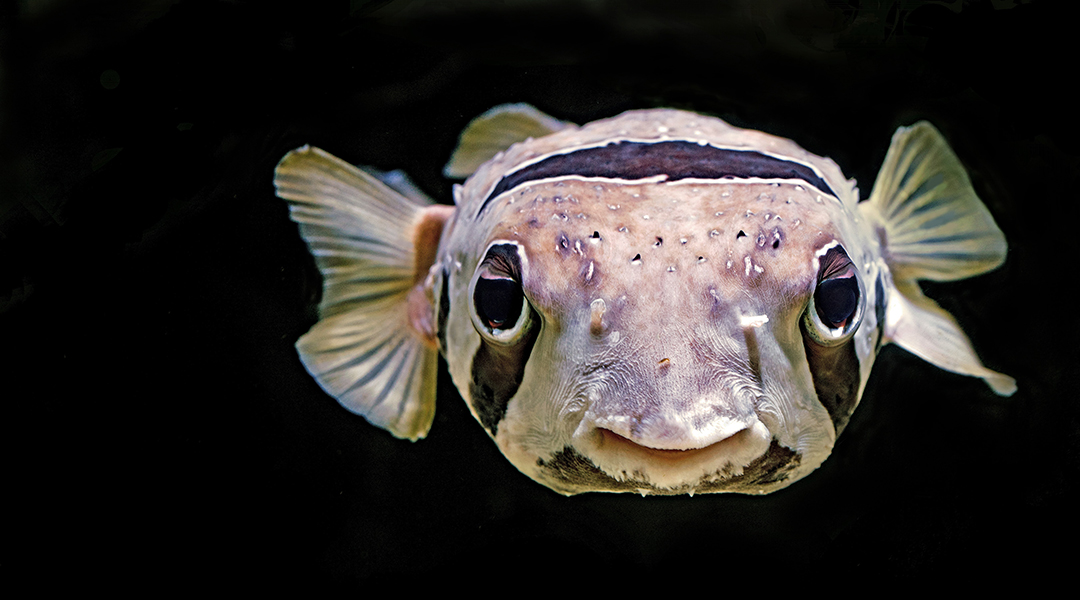
Scientists create a new route for the total synthesis of tetrodotoxin, a molecule in puffer fish that has promising medicinal benefits, such as pain relief.
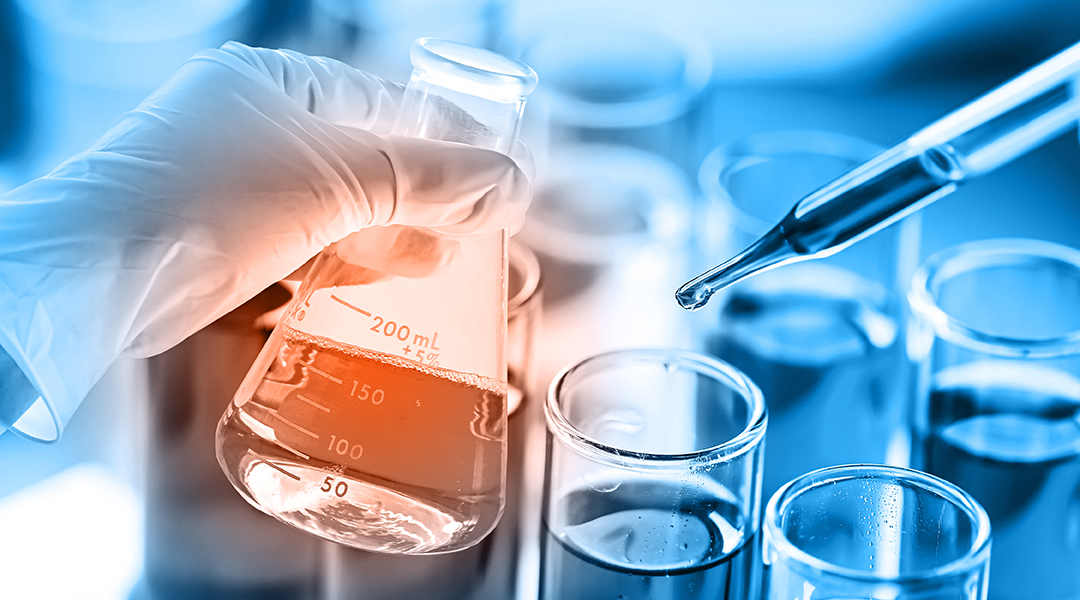
An automated microfluidics‐based reaction system provides hands-off synthesis for the modern lab.
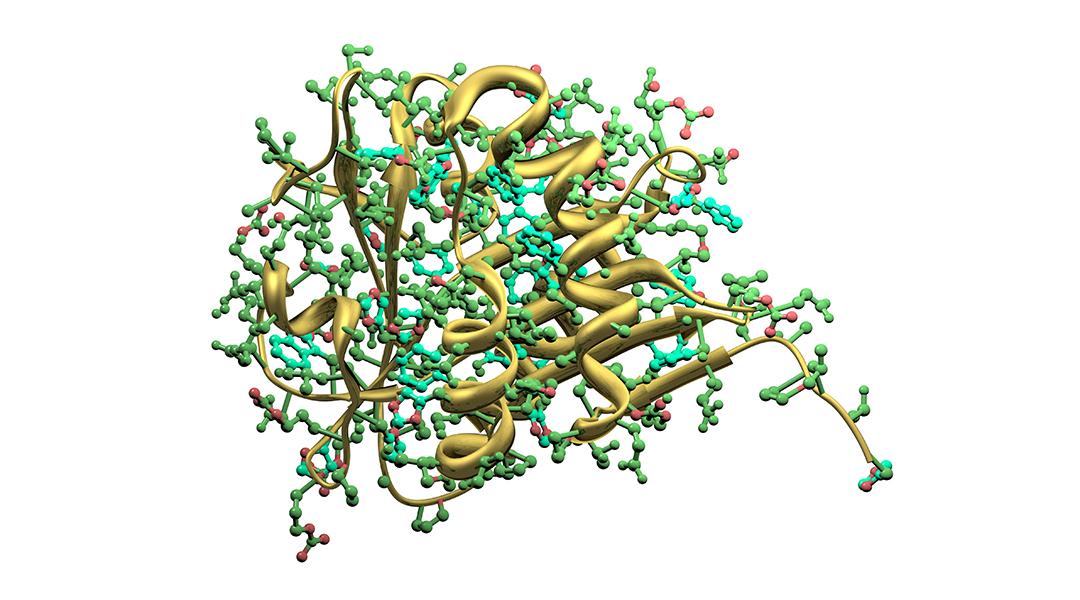
Artificial enzymes promise to not only help us understand the complex functioning of enzymes, but will create a new generation of biosystems for sustainable chemistry practices.
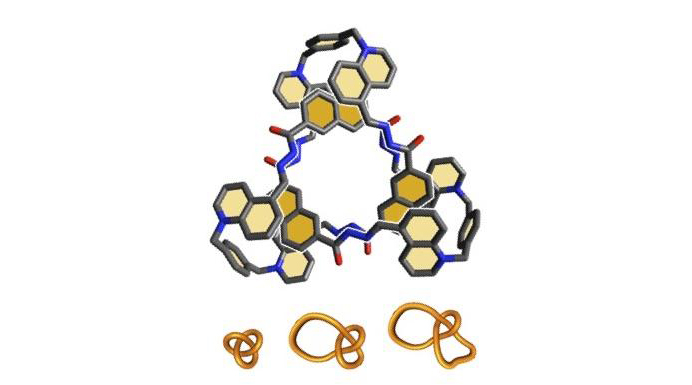
UNIGE researchers have succeeded in tying molecules together, thereby modifying their intrinsic mechanical properties
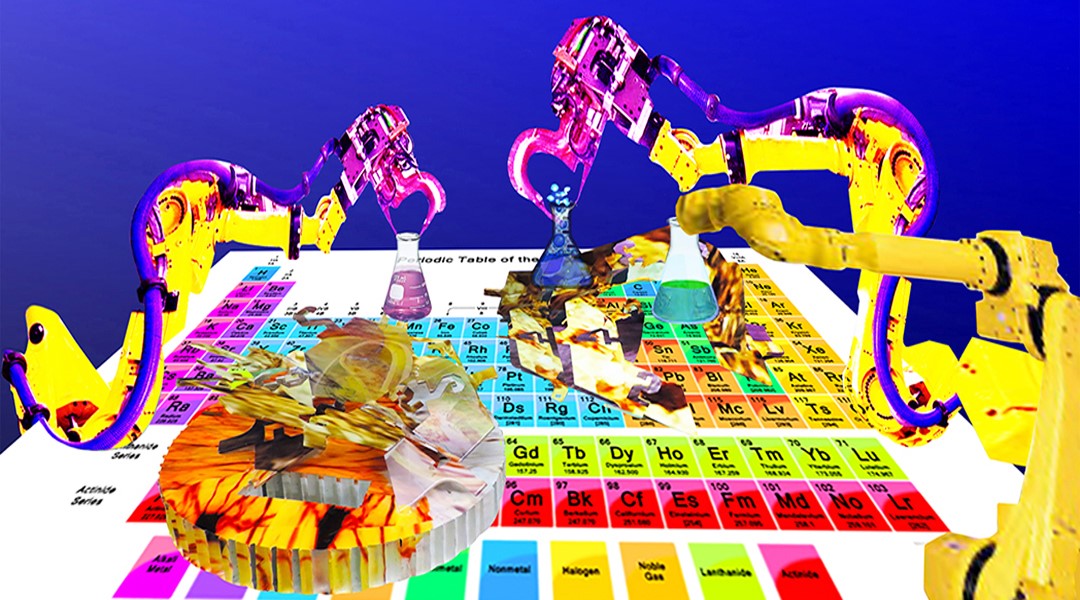
AI is being leveraged to provide machines with the capacity to match or even outperform humans in many endeavors. So what does this mean for the synthetic chemist?

Researchers develop a composite membrane for long-lasting zinc-based flow batteries.